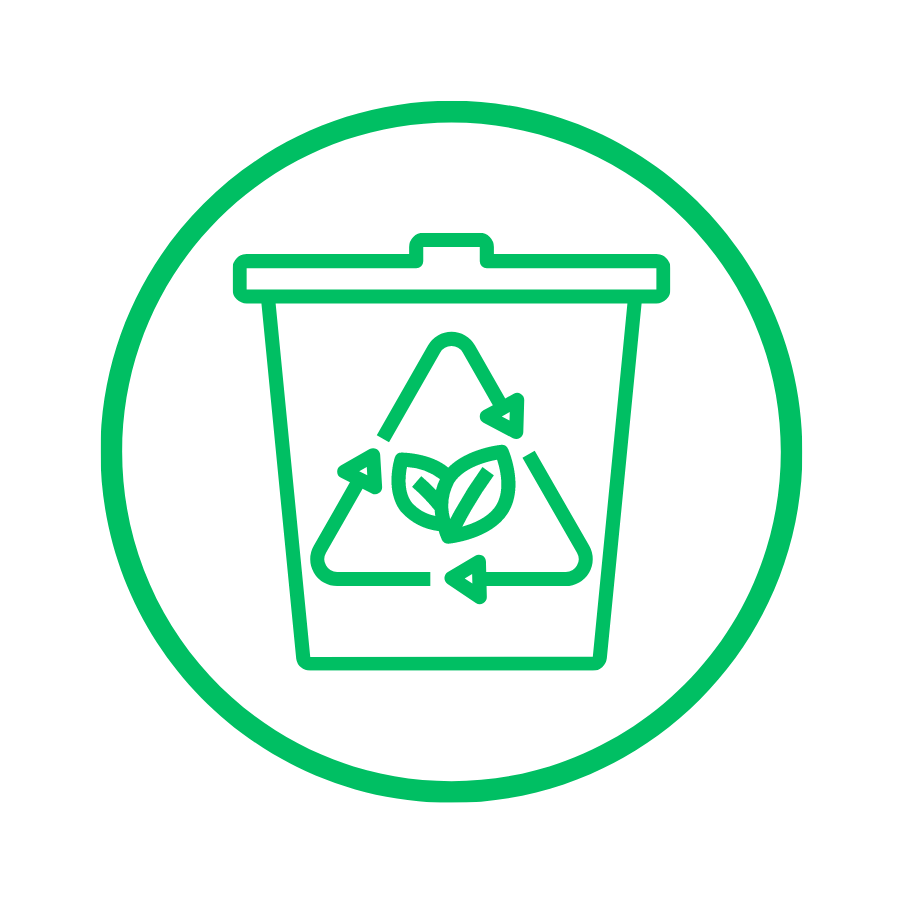A Guide to Sustainability
Sustainability: Our Collective Call to Action
At the heart of sustainability lies a simple yet profound principle: meeting today’s needs without jeopardizing the future’s ability. It’s not just about reducing waste or conserving energy. It’s an intricate dance of balancing economic prosperity, social equity, and environmental health.
This trifecta – environmental, social, and economic pillars – forms the bedrock of a world where everyone breathes clean air, drinks pure water, and has equal opportunities to thrive. But sustainability is more than a principle; it’s a call to action. It demands innovative approaches that align our actions with values, ensuring a prosperous, equitable, and environmentally resilient world.
Now, more than ever, it’s a shared responsibility. Individuals, businesses, and governments must unite in their endeavors. After all, the quest for sustainability isn’t just about safeguarding our planet—it’s about crafting a legacy for generations yet unborn.
3 Pillars of Sustainability

Environmental Sustainability
Focuses on the health of our planet, encouraging practices that reduce resource depletion and protect our diverse ecosystems.

Social Sustainability
Aims to promote equity, ensuring that all members of society have their needs met and are able to live fulfilling lives.

Environmental Sustainability
Focuses on the health of our planet, encouraging practices that reduce resource depletion and protect our diverse ecosystems.

Social Sustainability
Aims to promote equity, ensuring that all members of society have their needs met and are able to live fulfilling lives.

Economic Sustainability
Economic Sustainability considers alternative models of circular and steady-state economies combined with measured growth to create genuine prosperity that uplifts all of humanity while ensuring our planet remains healthy and vibrant for generations to come.
Navigating the Realms of Sustainable Living
FOOD
And why is it important to produce food in a way that protects the environment, uses natural resources efficiently, supports farmers, and enhances the quality of life for people and the communities that produce food?
WATER
Water is an essential resource for life on earth, and it is crucial for our survival. However, despite its importance, many of us take water for granted.
We use water every day for various purposes, such as drinking, cooking, cleaning, and gardening, without realizing the impact it has on the environment.
Water conservation is crucial to ensure that we have enough water to meet our needs while also protecting the environment.
BUILT ENVIRONMENT
Did you know there are viable solutions available now? High performance, net zero homes are built for climate disruptions both as a solution to the problem and as a safe guard against it.
Renewable Energy
Renewable energy is a crucial component of our quest for a sustainable future.
Energy sources, including biomass, geothermal resources, sunlight, water, and wind, offer a viable solution to mitigate these threats and foster a more resilient world.
ZERO WASTE
The zero waste philosophy encourages a more circular approach to the way we use resources, with the ultimate goal of sending no waste to landfills, incinerators, or the ocean.
By focusing on refuse, reduce, and reuse principles, zero waste aims to reduce greenhouse gas emissions, save Earth’s resources, and create a more sustainable future.
Our Planet Friendly Favorite Products
Resources
One Earth: Provides case studies on smallholder farmers in regenerative agriculture, showing how these practices contribute to soil health, increased yields, carbon sequestration, and sustainability.
do Blog: Discusses economic challenges for small-scale organic farms and advocates for broader perspectives in agricultural productivity assessment, including ecological and social benefits.
The Rise of Space Tourism
Add your own text here. To customize it select Edit Text. You can upload custom fonts, scale text, change heading tags and more.
Include as much or as little text as you want. Tabs grow and shrink vertically to fit your text. Each tab can have a different height and look.
3 Unexpected Design Trends
Add your own text here. To customize it select Edit Text. You can upload custom fonts, scale text, change heading tags and more.
Include as much or as little text as you want. Tabs grow and shrink vertically to fit your text. Each tab can have a different height and look.
Lomi
Lomi is a groundbreaking kitchen appliance that offers a sustainable solution to organic waste management. At the push of a button, Lomi transforms food scraps, bioplastics, and other compostable materials into nutrient-rich compost in a matter of hours. This eco-friendly device reduces the need for traditional composting methods and curbs methane emissions from decomposing food waste in landfills. Sleek, efficient, and user-friendly, Lomi not only addresses the global waste crisis but also empowers households to contribute to a more sustainable future right from their kitchens.
Renewable Energy
Clean or Renewable energy, at its core, refers to power derived from resources that are naturally replenished on a human timescale. These resources include sunlight, wind, rain, tides, waves, geothermal heat, and more. Unlike fossil fuels, which are finite, renewable energy sources are endless in nature. For instance, even on cloudy days, the sun’s rays still provide us with more energy than we can consume, and the wind keeps blowing regardless of how many turbines capture its power.










